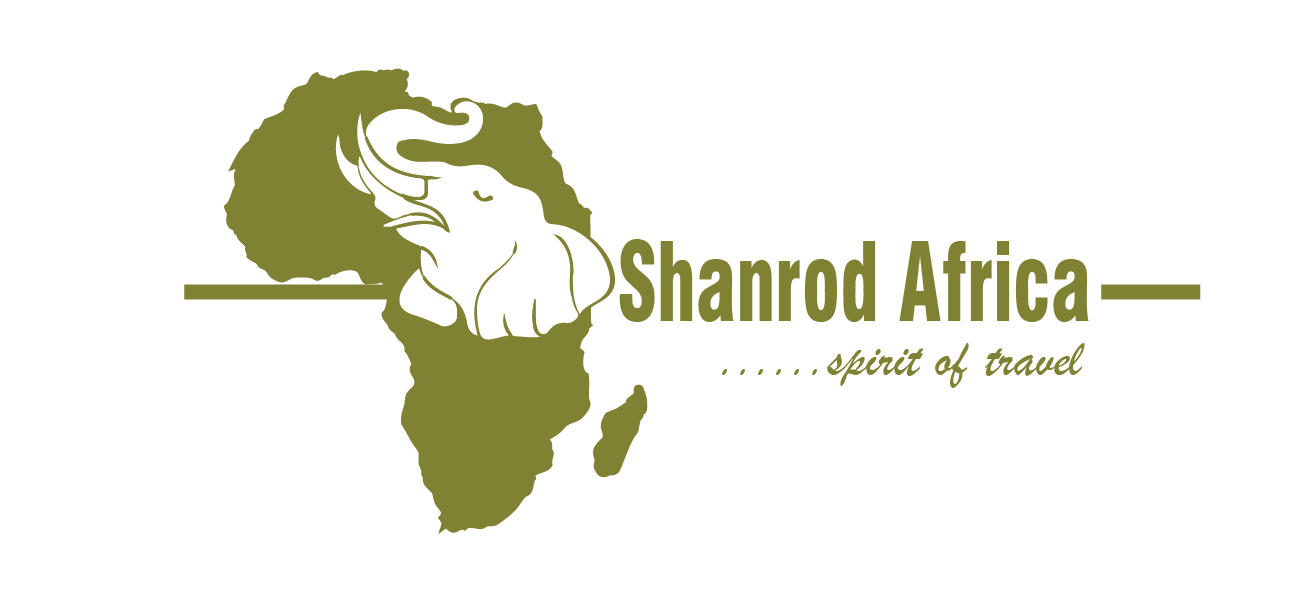Birding in the Addo National Park

Addo’s birding opportunity covers excellent habitat contrasts between dense thickets of spekboom interspersed with open grassy areas and wooded kloofs (particularly in the Zuurberg region).
Now that the park has expanded to include Darlington Lake , Woody Cape , the coastal islands and the Alexandria Forest , a variety of other habitats swell the birding potential of the Park.
In and around the Addo rest camp Karoo Scrub Robin and Cape Robin-Chat , Bokmakierie, Southern Tchagra, Bar-throated Apalis and Cape Bunting are prominent, with Brown-hooded Kingfisher, Fiscal Flycatcher, Fork-tailed Drongo, Spectacled Weaver, Malachite and Greater Double-collared Sunbird also easily found. A trip into the game viewing area will not produce a plethora of birds, but Bokmakierie will once more be prominent, and Martial Eagle, Black Korhaan, Blue Crane, Denham’s Bustard, Black-headed Heron and Secretarybird may well be seen.
In the wooded kloofs of the Zuurberg, African Crowned Eagles breed. Forest species typical of the Eastern Cape, such as Olive Bush Shrike, Yellowthroated Woodland-Warbler and Cape Batis can also be searched for.
Alexandria Forest has many forest species, such as Knysna Turaco, Black Cuckoo (summer only), Grey Cuckoo-shrike, Chorister Robin-chat, Dark-backed Weaver and the spectacular Narina Trogon.
The coastal grasslands south of Alexandria Forest are home to exciting species such as Denham’s Bustard (with impressive displaying during summer) and Black-winged Plover.
The coastal islands have impressive breeding colonies of Cape Gannet and African Penguin and it is one of the few South African breeding locations for Roseate Tern.
In the summer months at the Sundays River Mouth there are large tern roosts that include Swift, Sandwich, Common Terns and the diminutive Damara Tern which breed in the nearby sand dunes.
The Karoo vegetation around Darlington Lake is home to many Karoo endemics such as Pririt Batis, Rufous-eared Warbler and Karoo Chat. The Darlington Dam hosts Goliath Herons, Lesser Flamingos, fresh-water terns and Greyheaded Gulls.

